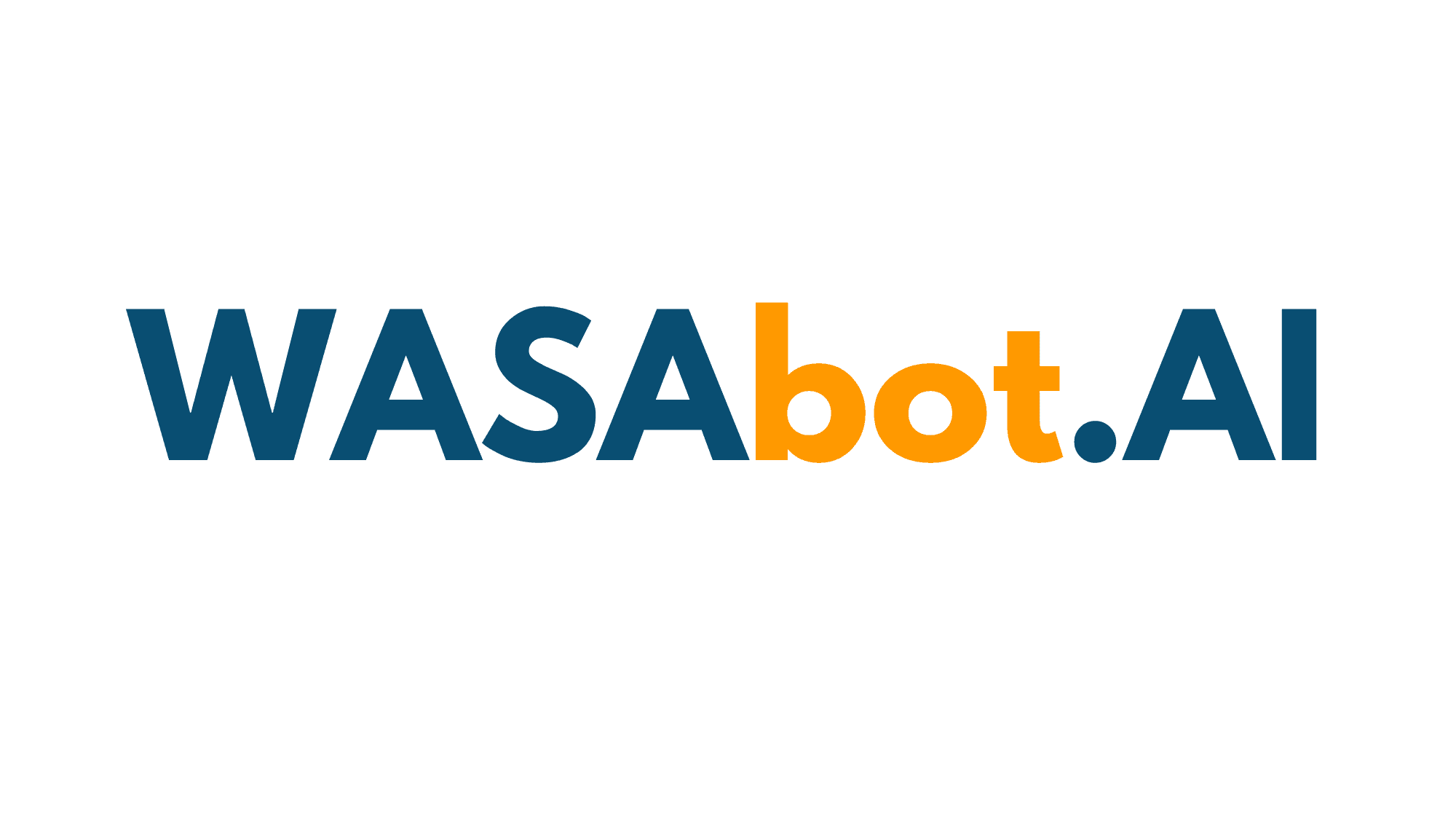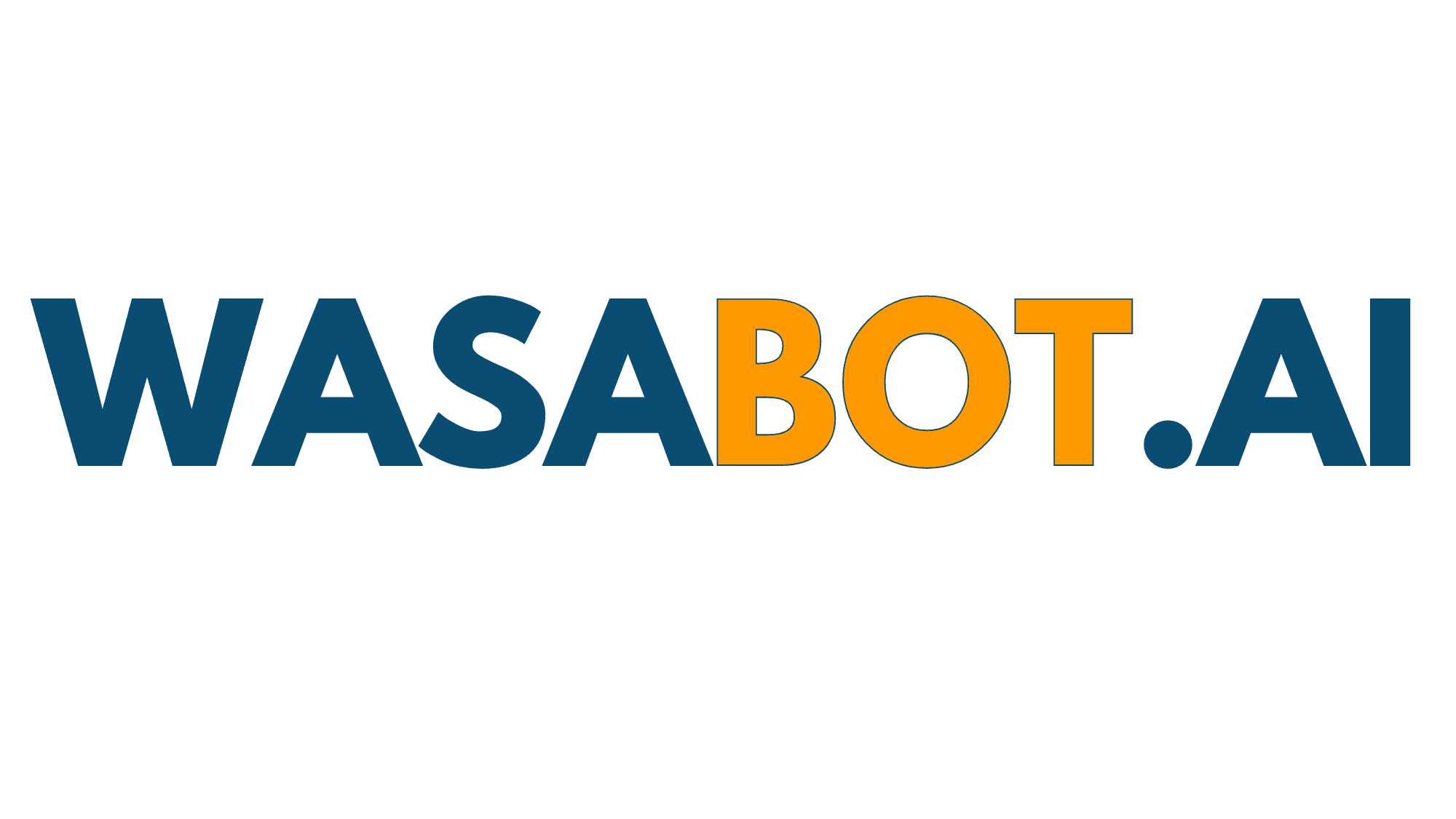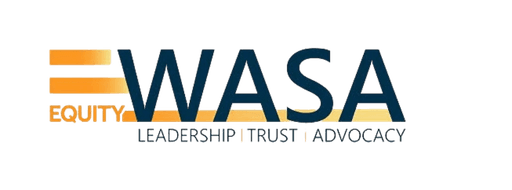Communications
Professional Development Prompts
Professional Development Prompts
Getting Started
What should I consider when developing a powerful professional development session for [insert target audience – be as specific as you can]?
What obstacles should I plan for when developing a professional development session for [insert target audience – be as specific as you can]?
How can I facilitate meaningful professional development sessions that also strengthen team bonds?
What should I consider when developing a powerful professional development session for [insert target audience – be as specific as you can]?
What obstacles should I plan for when developing a professional development session for [insert target audience – be as specific as you can]?
How can I facilitate meaningful professional development sessions that also strengthen team bonds?
Event Planning
Create a list of [insert a number] possible titles for an upcoming [insert event – conference, professional development session, welcome back luncheon, training] for [insert audience]. The main goals of the event are [insert goals].
Design a professional development workshop for [insert grades and subjects taught, experience level with AI, number of teachers being trained, etc.], teachers focusing on the effective use of AI to facilitate brainstorming sessions. The session should include practical demonstrations of AI tools in action, ensuring that human oversight remains central to the process. The training session is [# of minutes].
Feedback
Create a [insert number of questions] survey to evaluate participant perceptions of a professional development session. My sure to ask a question(s) about [insert something you want to know].
Create a survey to access how participants used what they learned in a previous professional development session on [insert the topic].
Create a [insert number of questions] survey to evaluate participant perceptions of a professional development session. My sure to ask a question(s) about [insert something you want to know].
Create a survey to access how participants used what they learned in a previous professional development session on [insert the topic].
Ice Breakers/Warm-ups/Entrance Activities
- Provide a list of [Ice breakers/Warm-ups/Entrance Activities] to use at a [describe the meeting, training session/event] for [insert audience]. There will be [insert length] minutes on this topic. There will be [insert number of people] in the training group. The training objectives are [insert success criteria/learning targets/outcomes/goals]. [Insert any other training requirements or preferences.]
- Create a list of topics for a professional development session on leadership for new superintendents.
- What are some innovative approaches to increase engagement in professional development workshops?
- How can I personalize professional development plans for different leadership levels? Provide strategies to support the retention and growth of women and underrepresented groups in school leadership.
- Draft a workshop plan based on the information provided below:1. Customize each section with specific information relevant to the training objective.
- Content Overview:Break down the main topics and subtopics to be covered in the session. Ensure each topic aligns with the learning objectives.
- Provide a list of [Ice breakers/Warm-ups/Entrance Activities] to use at a [describe the meeting, training session/event] for [insert audience]. There will be [insert length] minutes on this topic. There will be [insert number of people] in the training group. The training objectives are [insert success criteria/learning targets/outcomes/goals]. [Insert any other training requirements or preferences.]
- Create a list of topics for a professional development session on leadership for new superintendents.
- What are some innovative approaches to increase engagement in professional development workshops?
- How can I personalize professional development plans for different leadership levels? Provide strategies to support the retention and growth of women and underrepresented groups in school leadership.
- Draft a workshop plan based on the information provided below:
- Content Overview:Break down the main topics and subtopics to be covered in the session. Ensure each topic aligns with the learning objectives.
- Provide a list of [Ice breakers/Warm-ups/Entrance Activities] to use at a [describe the meeting, training session/event] for [insert audience]. There will be [insert length] minutes on this topic. There will be [insert number of people] in the training group. The training objectives are [insert success criteria/learning targets/outcomes/goals]. [Insert any other training requirements or preferences.]
- Create a list of topics for a professional development session on leadership for new superintendents.
- What are some innovative approaches to increase engagement in professional development workshops?
- How can I personalize professional development plans for different leadership levels? Provide strategies to support the retention and growth of women and underrepresented groups in school leadership.
- Draft a workshop plan based on the information provided below:1. Customize each section with specific information relevant to the training objective.
- Content Overview:Break down the main topics and subtopics to be covered in the session. Ensure each topic aligns with the learning objectives.
Mentoring
- You are an award-winning educational leader with a long track record for being an outstanding mentor to [insert title of the person you are mentoring]. My mentee is serving [insert a description of the mentee’s context]. What should I consider when preparing for mentoring sessions?
- What can I do as a mentor to build trust with my new mentee?
- You are an award-winning educational leader with a long track record for being an outstanding mentor to [insert title of the person you are mentoring], please outline how a [insert length of time] session could be used effectively.
- List questions I could ask during mentoring sessions to help my mentee uncover their role in a recent success and a recent setback in the district.
- My mentee wants me to tell them what to do. How can I help them develop their own solutions?
- What are the characteristics of the best mentors? How can I develop those characteristics?
- Please play the role of a leadership mentor who specializes in mentoring educational leaders. I will play the role of my mentee. Your goal is to [insert a goal or challenge to overcome].
- Please play the role of my mentee who serves in the role of [insert role]. I will play the role of the mentor. My goal is to [insert a goal or challenge to overcome.].
You are a [insert your title/role]. Please respond to the [attached email below]. The tone of the email response should be [formal, conversational, friendly, invitational, etc.]
The email must include [insert pertinent information]. After the receiver reads the email response they should feel [valued, heard, prepared, informed, etc.]
Upload or copy and paste the body of the email to which you are seeking a response.
You are a [insert your title/role]. Please respond to the [attached email below]. The tone of the email response should be [formal, conversational, friendly, invitational, etc.]
The email must include [insert pertinent information]. After the receiver reads the email response they should feel [valued, heard, prepared, informed, etc.] Upload or copy and paste the body of the email to which you are seeking a response.
You are a [insert your title/role]. Please respond to the [attached email below]. The tone of the email response should be [formal, conversational, friendly, invitational, etc.]
The email must include [insert pertinent information]. After the receiver reads the email response they should feel [valued, heard, prepared, informed, etc.]
Upload or copy and paste the body of the email to which you are seeking a response.
Overcoming Resistance
Provide ideas for professional development sessions that will encourage educators to embrace change and new technologies.
What are the best practices for designing professional development sessions that foster collaboration and innovation among teachers?
You are a change coach who supports school district leaders in preventing and overcoming educator resistance to change. Please help me prepare to communicate with [insert titles and grade levels/course] about [insert a brief description of the change]. Please draft separate scripts for what to communicate based on the settings below:
- Staff meeting
ii. One-on-one meeting with an overtly resistant staff member.iii. Communication to all staff.iv. Grade-level or department meeting.
Provide ideas for professional development sessions that will encourage educators to embrace change and new technologies.
What are the best practices for designing professional development sessions that foster collaboration and innovation among teachers?
You are a change coach who supports school district leaders in preventing and overcoming educator resistance to change. Please help me prepare to communicate with [insert titles and grade levels/course] about [insert a brief description of the change]. Please draft separate scripts for what to communicate based on the settings below:
- Staff meeting
ii. One-on-one meeting with an overtly resistant staff member.iii. Communication to all staff.iv. Grade-level or department meeting.
Create a captivating [content type] for [target audience]. Craft a compelling title, hook them with an intro, and cover key topics. Use a tone and style that resonates, enhance with visuals, and include a strong call-to-action.
Self-growth
You are a [insert your title] who wants to [improve/learn/enhance your skills] in the following area [insert topic]. You have [amount of time per day/week/month] to work on this goal. Please develop a professional growth plan.
Please play the role of a leadership coach who specializes in helping educational leaders build upon their past successes. I need your help to analyze a recent success that I've had with a project so that I may identify specific successful leadership actions that I took. My goal is to uncover actions I can incorporate into future initiatives.
Please teach me how to [Insert what you want to learn], by asking me a series of questions one at a time. Start with the basics and then increase the level of difficulty. When I don’t answer a question correctly or my answer is incomplete, provide the missing information and require me to respond again.
You are a [insert your title] who wants to [improve/learn/enhance your skills] in the following area [insert topic]. You have [amount of time per day/week/month] to work on this goal. Please develop a professional growth plan.
Please play the role of a leadership coach who specializes in helping educational leaders build upon their past successes. I need your help to analyze a recent success that I've had with a project so that I may identify specific successful leadership actions that I took. My goal is to uncover actions I can incorporate into future initiatives.
Please teach me how to [Insert what you want to learn], by asking me a series of questions one at a time. Start with the basics and then increase the level of difficulty. When I don’t answer a question correctly or my answer is incomplete, provide the missing information and require me to respond again.
Staff Development & Support
What are some effective ways to identify and nurture leadership potential within my staff?
How can I provide individualized support to staff members while maintaining a cohesive team dynamic?
What are the best practices for offering constructive feedback that motivates and empowers my staff?
How can I develop a mentorship program that fosters professional growth and strengthens staff relationships?
What strategies can I use to support the well-being of my staff while also driving performance?
Please create a table listing ways schools can proactively and reactively respond to AI deepfakes and bullying. Be sure to include ways to support victims.
Instructional coaching is among the most effective forms of professional development for classroom teachers. But doing coaching right is resource-intensive and hard to scale. How can artificial intelligence fill in the gaps?
“Explain [topic] using the 'Would a parent of a kindergartener understand this?' test. Make it conversational, jargon-free, and include a real-world analogy the parent can relate to.”
What are some effective ways to identify and nurture leadership potential within my staff?
How can I provide individualized support to staff members while maintaining a cohesive team dynamic?
What are the best practices for offering constructive feedback that motivates and empowers my staff?
How can I develop a mentorship program that fosters professional growth and strengthens staff relationships?
What strategies can I use to support the well-being of my staff while also driving performance?
Please create a table listing ways schools can proactively and reactively respond to AI deepfakes and bullying. Be sure to include ways to support victims.
Instructional coaching is among the most effective forms of professional development for classroom teachers. But doing coaching right is resource-intensive and hard to scale. How can artificial intelligence fill in the gaps?
“Explain [topic] using the 'Would a parent of a kindergartener understand this?' test. Make it conversational, jargon-free, and include a real-world analogy the parent can relate to.”
What are some effective ways to identify and nurture leadership potential within my staff?
How can I provide individualized support to staff members while maintaining a cohesive team dynamic?
What are the best practices for offering constructive feedback that motivates and empowers my staff?
How can I develop a mentorship program that fosters professional growth and strengthens staff relationships?
What strategies can I use to support the well-being of my staff while also driving performance?
Please create a table listing ways schools can proactively and reactively respond to AI deepfakes and bullying. Be sure to include ways to support victims.
Instructional coaching is among the most effective forms of professional development for classroom teachers. But doing coaching right is resource-intensive and hard to scale. How can artificial intelligence fill in the gaps?
“Explain [topic] using the 'Would a parent of a kindergartener understand this?' test. Make it conversational, jargon-free, and include a real-world analogy the parent can relate to.”


The Washington Association of School Administrators (WASA) is an organization anchored in leadership, trust, and advocacy. WASA is, first and foremost, about leadership for equity and excellence for all students.


